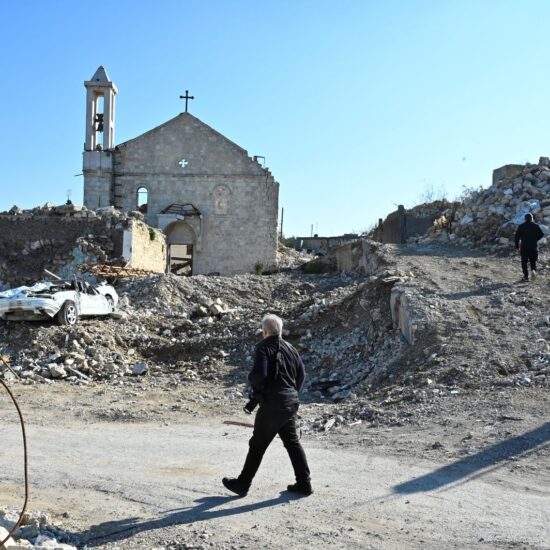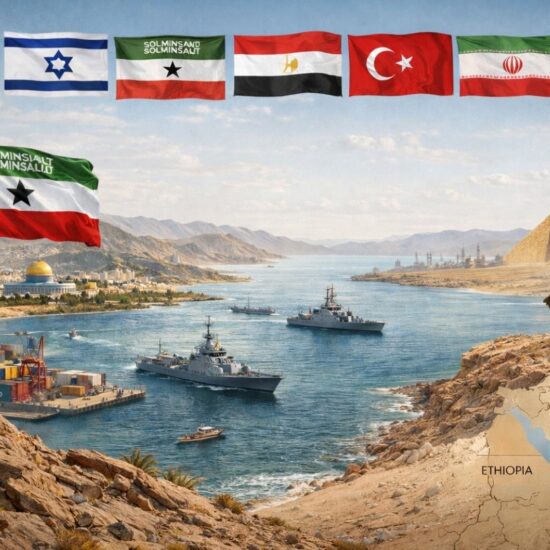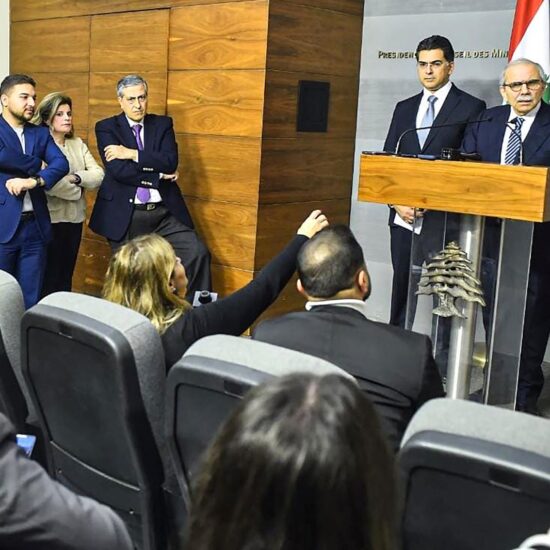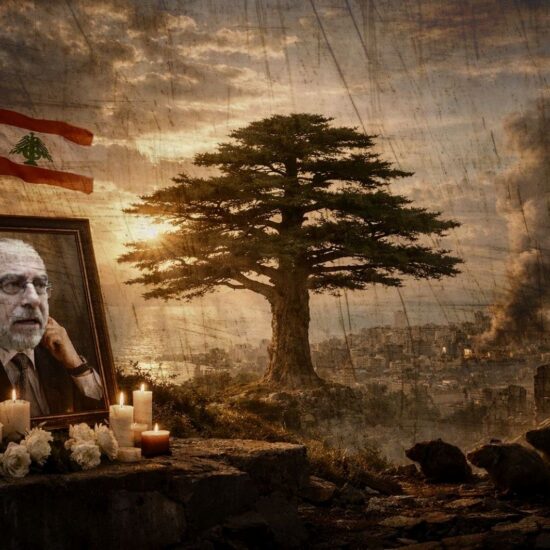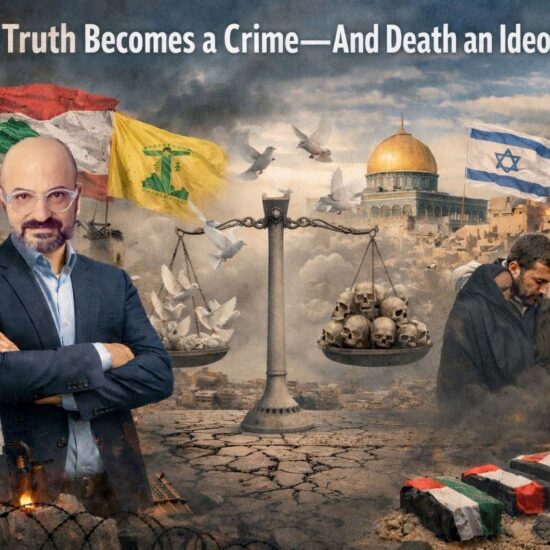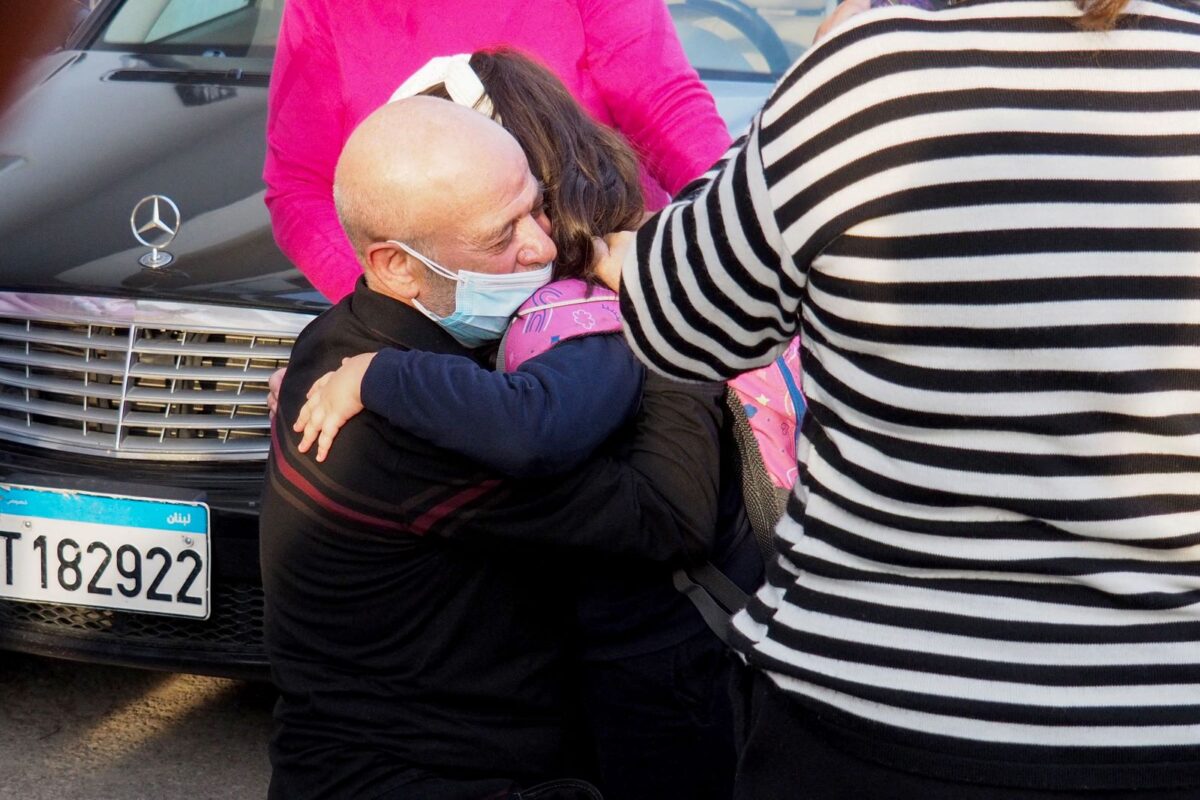
Lebanon today stands divided by selective outrage and polarizing rhetoric. The Syrian conflict and its aftermath have brought these contradictions to the forefront
Lebanon today stands divided by selective outrage and polarizing rhetoric. The Syrian conflict and its aftermath have brought these contradictions to the forefront, particularly in the way many justify atrocities committed by the Assad regime while expressing fear of hypothetical futures under an Islamic regime in Syria. This selective humanitarianism, coupled with weaponized accusations of treason, has fractured Lebanon’s political and social fabric, leaving little room for meaningful dialogue or accountability.
The issue is not merely political; it is moral. How can we, as a society, claim to advocate for justice while turning a blind eye to crimes like those committed in Sednaya? How can we fear an Islamic ideology in Syria yet align ourselves with other groups rooted in similar ideologies under the guise of resistance? Most importantly, how can Lebanon move forward when such polarizing narratives dominate its discourse?
The Problem of Selective Humanitarianism
Humanitarianism in Lebanon has often been wielded as a political tool rather than a universal value. This is evident in the discourse surrounding the Syrian conflict. Many Lebanese, particularly Hezbollah supporters, justify their silence on Assad’s crimes by focusing on the supposed dangers of an Islamic regime replacing him. They argue that the alternative to Assad would be worse—a claim that has been used to deflect attention from the systematic torture, executions, and war crimes committed under his rule.
This fear-based narrative ignores the irony at its core: the same individuals who condemn the potential rise of an Islamic regime in Syria embrace Hezbollah, a group rooted in Islamic ideology, as a legitimate resistance force. The inconsistency is glaring. If the concern is truly about religious ideology, why is it selectively applied? If the goal is to protect Lebanon’s sovereignty and humanity, how can we align ourselves with a regime that has killed and tortured countless Syrians, Palestinians, and Lebanese, all without firing a meaningful shot at Israel?
Humanitarian values lose their credibility when they are applied selectively. Crimes like those committed in Sednaya cannot be justified under any circumstances—not by fear of the future, nor by political expediency.
Weaponized Polarization and Freedom of Speech
Lebanon’s political discourse is rife with polarization, and at its heart lies the weaponization of freedom of speech. Those who criticize Hezbollah or Assad are often labeled “traitors”, accused of siding with Zionist or American agendas. This rhetoric has effectively stifled meaningful debate, transforming political discussions into battles of loyalty rather than dialogues about justice or solutions.
But this weapon cuts both ways. If calling opponents “traitors” is acceptable, then holding Assad’s allies accountable for their affiliation with a criminal regime must also be fair game. The hypocrisy of shielding certain groups from criticism while attacking others only deepens societal divisions. This selective use of free speech is not a defense of democracy—it is a tool for maintaining dominance and silencing dissent.
Polarization thrives in such an environment. It fosters an “us versus them” mentality, where every argument is reduced to an attack on loyalty rather than a challenge to ideas. This dynamic does not serve Lebanon; it only entrenches its divisions and prevents the accountability necessary for progress.
Accountability and Dialogue
The growing polarization in Lebanon is not sustainable. Alliances with the Assad regime have exposed the moral contradictions at the heart of Lebanese politics, and the country cannot afford to continue shielding criminal regimes while silencing those who demand justice.
The way forward begins with accountability. Those who align with the Assad regime must face the reality of their support for a government responsible for some of the worst atrocities in modern history. But accountability cannot stop there. It must extend to all actors perpetuating selective outrage, weaponized rhetoric, and blind loyalty.
Lebanon must also create space for dialogue—real, open dialogue that prioritizes shared principles over partisan or sectarian interests. This dialogue must focus on uniting Lebanese factions around universal values of justice, human rights, and sovereignty. It must also address the fears and grievances that have allowed polarizing narratives to take root.
This is not an easy path, but it is the only one that offers hope for a just and united Lebanon. True resistance is not about picking and choosing which injustices to fight; it is about standing for justice in all its forms.
Ramzi Abou Ismail is a political psychologist and researcher at the University of Kent.
The views in this story reflect those of the author alone and do not necessarily reflect the beliefs of NOW.



